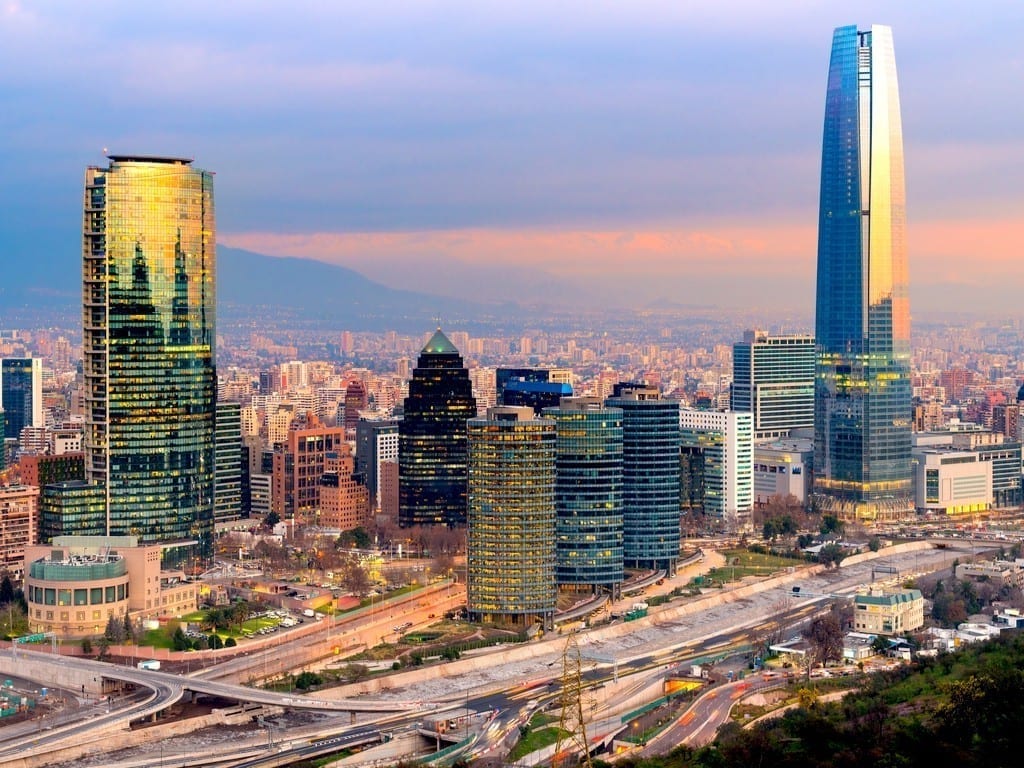Consumers’ traditionalism, producers’ conservatism and high exposure of both groups to natural events and disasters beyond the control of either of them characterise Latin American economies. These challenging conditions framework the activity of investors on their way to high standards, new approaches to Latin American assets and millennials as a target.
Despite the economic crisis and lockdowns around the world, the global pace of life and decision-making only increased. This also applies to the investment market, where institutional and private players are forced to balance strategies rapidly. Global goals are mainly concentrated around three key areas: minimize losses, swiftly support assets and make long-term plans. In addition, deglobalization coupled with regional self-sufficiency is on the agenda.
Looking for solutions to create value and generate long-term profit in the Latin American markets, investment funds and private investors dive into responsible investment aligned with the concept of sustainable development.

Principles for Responsible Investment (UN PRI), a United Nations investors network, announced this July that its fiftieth signatory invested in Latin American assets. Thus, the volume of the regional portfolio of UN PRI members reached $453 billion USD, just two years after the opening of the regional office.
ESG strategies (covering environmental, social and governmental factors respectively) are not only bon-ton rules but also a way to secure the funds invested. In 2019, annual foreign investment in Latin America reached $165 billion USD. Still, investors’ interest in regional markets has been decreasing over the past 15 years. Switching to responsible practices is a sensible and fresh solution to make investors’ confidence to go up, adapt assets to the needs of the new generation consumers and breathe new life into regional markets.
Natixis Investment Managers, a reputed consulting firm, reported in 2019 that conscious approaches to investment and consumption are gradually evolving and moving towards each other. According to experts, almost 76% of investors believe that investing should be ethical. However, only half of them are prepared to face the additional costs of meeting non-financial targets and lower profits. From the consumer’s point of view, the situation is similar: 63% are open to buying products from companies aligned with their personal values, still in case of no serious effect on their wallets.
In the Latin American context, all three areas of ESG strategies require attention and are addressed in different ways. Some investors stick to consolidate corporate culture and focus on business ethics, others implement socially responsible projects for the benefit of the local community, while others apply restrictions to their portfolio structure and abstain from investing in enterprises with intensive carbon footprint aiming to keep untouched our planet’s safety margin.
Regarding issues related to business ethics, the rate of Latin American corruption cannot be disregarded. Here, this administrative rust emerges in rural municipalities and reaches States top officials. Changing this harsh reality is only possible when corporate and administrative bodies interact constantly and transparently. Socially responsible lobbying promptly reported abuse of authority, transparent and controlled procurement as well as reduction of bureaucratic burden all sound extremely utopian! G-actions from the ESG metrics are those that are precisely supposed to ensure that these bureaucratic clichés turn into real actions for the society’s sake. As to the companies, they benefit from mitigation of reputational risks and speeding up of formal procedures.
As a matter of fact, with due attention to their corporate governance standards, Brazilian Odebrecht S.A. and Petróleo Brasileiro S.A. (Petrobras) could have avoided international scandals, allegations of bribery and forced sale of assets. In their turn, Chile and Uruguay are almost exemplary when it comes to transition from theory to anti-corruption practice. Zero tolerance to corruption was historically enacted by the governments, therefore, corruption is not a part of the modern business environment. Insufficient funding for infrastructure projects is another widespread drawback in Latin America. And it has only gained strength with all the pandemic restrictions and decline in macroeconomic indicators. Latin American economy requires from 5% to 6% of GDP to close the existing infrastructure gap, highly perceptible in the transport sector. However, in recent years, the average annual funding has not exceeded 2%. When GDP around the region would decrease by at least ten points in 2020 and budget structures are revised in order to stop the spread of coronavirus, stagnation in the transport infrastructure market is expected. This means that transport accessibility would not develop as it should, but there is some hope that it could strengthen eco-ethical business approaches and save Latin America from a project like the Mexican Tren Maya.

However, there are also those sectors experiencing positive effect and increased investors’ attention amid the pandemic and this spring’s oil crisis. Agriculture, education, pharmaceuticals, IT and renewable energy are among them. Basically, those are the industries to support human functions in critical situations in the 21st century.
Impressive stability makes renewable energy projects stand out from the crowd: investors’ interest keeps high for almost two decades. Depending on location, solar and wind power plants create returns somewhere between 10% and 15%. Decentralized (autonomous) generation projects in environmentally fragile and remote areas are showing the best performance. Local solar or wind power plants make it possible for communities to keep online and with access to electricity in the face of eventual natural disasters and emergencies. Wide sectorial and multi-level coverage is specific to responsible investments in Latin America. For comparison, Russian ESG-ratings includes only companies with a multi-million capitalization, whereas the picture for Latin American is completely different. Small and medium enterprises widely implement responsible practices focused on environmental and social effect. The fashion industry is exemplary here: over 50 companies from Bolivia, Argentina, Colombia, Ecuador operate in several directions at once when recycling polymers to make swimwear, opting for local natural fabrics and locating manufacturing in areas with high unemployment.

Nowadays the real sector of the Latin American economy is betting on a new generation of consumers, the millennials, that would be the driving force of the consumption market in the next 5–10 years. In the entire history of the region, this is the most educated stratum that keeps an eye on the environmental agenda. Social media, an integral part of millennials’ lives, strengthens their market power and contributes to creating collective consumption habits. In the mid-term, this consumer segment would vote with their wallets in favour of ethical business, and that’s where the key to profitability is.
A level up in professional skills coupled with higher education is an additional indirect effect of the spread of ESG investing in Latin America. After all, the rate of business responsibility is directly related to the people promoting ethical ideas and controlling their implementation. Given the flexibility of ESG-metrics and the lack of one-size-fits-all solutions, Latin America has a good chance to form a new generation of managers to achieve sustainable development goals, always considered the ecosocial uniqueness of the region.


